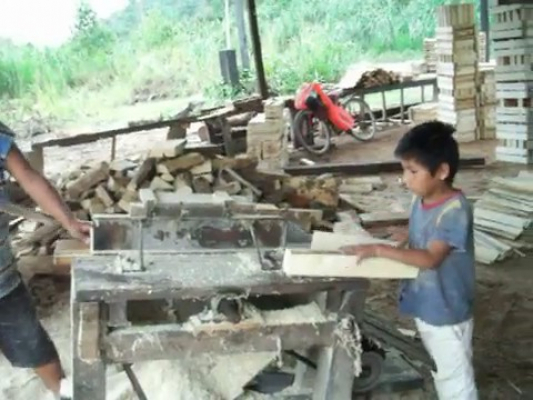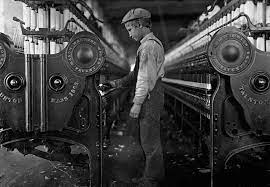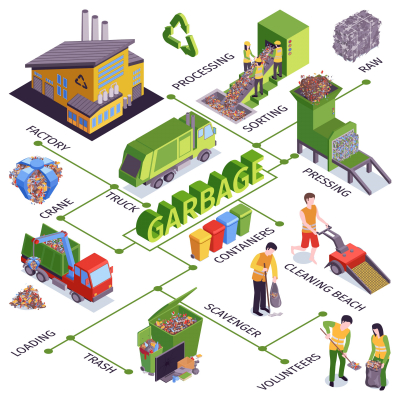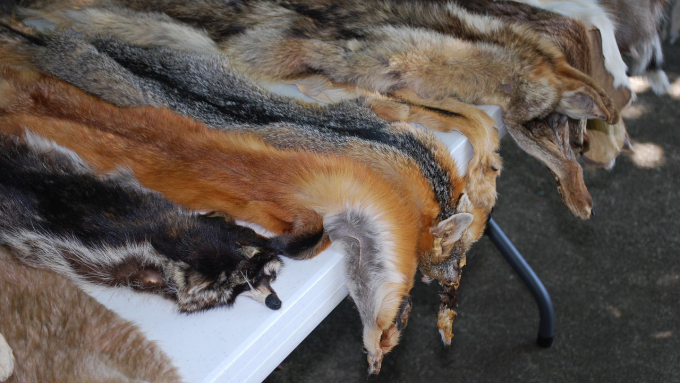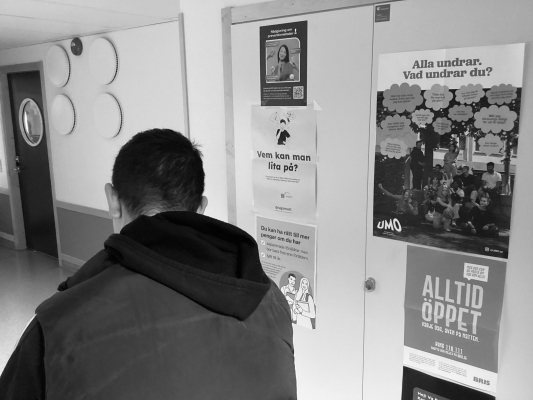FEATURE STORY, Society
Clothing brands using kids for labour
By MEANSCOIL PHADRAIG NAOFA, CASTLEISLAND
Published 2024-05-22 11:00
References: (1) Project cece, (2) European commission, (3) Good on you
Images in article: (1) , (2)
Writers
Audio
Photo
Research
Video
|
13 Dec Pupil |
|
13 Oct Pupil |
|
13 Oct Pupil |
|
30 Sep Pupil |
|
30 Sep Pupil |
|
25 Jun Pupil |
|
16 Jun Pupil |
|
10 Jun Pupil |
|
10 Jun Pupil |
|
06 Jun Pupil |
|
06 Jun Pupil |
|
06 Jun Pupil |
|
05 Jun Pupil |
|
31 May Pupil |
|
28 May Pupil |
|
28 May Pupil |
|
25 Apr Pupil |
|
25 Apr Pupil |
|
25 Apr Pupil |
|
25 Apr Pupil |
|
25 Apr Pupil |
|
25 Apr Pupil |
|
11 Apr Pupil |
|
08 Apr Pupil |
|
17 Feb Pupil |
|
17 Feb Pupil |
|
17 Feb Pupil |
|
17 Feb Pupil |
|
31 Jan Pupil |
|
23 Jan Pupil |
|
16 Dec Pupil |
|
13 Dec Pupil |
|
13 Oct Pupil |
|
13 Oct Pupil |
|
30 Sep Pupil |
|
28 May Pupil |
|
28 May Pupil |
|
25 Apr Pupil |
|
25 Apr Pupil |
|
25 Apr Pupil |
|
25 Apr Pupil |
|
25 Apr Pupil |
|
25 Apr Pupil |

